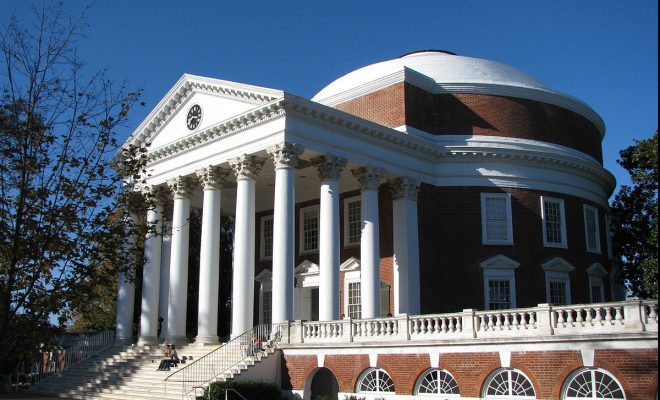Shift to Relationship Bans ‘Signals New Approach in Universities’

In recent years, universities across the globe have begun to reevaluate their policies on romantic relationships between students and faculty, culminating in a trend that emphasizes banning such relationships. This shift has emerged not just as a response to incidents of misconduct, but also as part of a broader effort to foster a more ethical and equitable educational environment.
Understanding the Shift
The decision to implement relationship bans often stems from increasing awareness of power dynamics inherent in faculty-student relationships. In the traditional professor-student dynamic, the significant power imbalance can lead to ethical concerns, particularly when it comes to issues of consent, favoritism, and the potential for harassment.
While some institutions previously opted for guidelines that encouraged transparency or required faculty to disclose relationships, a growing number have adopted outright bans. Schools justify these changes by arguing that they protect students’ interests and promote a more inclusive educational atmosphere.
The Rationale Behind Bans
- Power Dynamics: The inherent power imbalance between faculty and students raises ethical concerns. Faculty members hold significant influence over students’ academic and professional futures, which can complicate consensual relationships.
- Preventing Conflicts of Interest: Relationships can lead to conflicts of interest when grading, mentorship, or advising is involved. Banning such relationships simplifies decision-making processes for faculty and protects students from potential biases.
- Creating a Safe Environment: Bans signal that institutions are serious about protecting students and maintaining a professional educational atmosphere. This can help create a safe space for students to focus on their studies without the fear of inappropriate relational dynamics.
- Educational Equity: By eliminating relationships that stem from uneven power dynamics, universities can promote a more equitable environment. This move aligns with broader social movements that are pushing for systemic changes in institutions of higher education.
Implementing Relationship Bans
The implementation of these bans varies across institutions. Some universities have adopted all-encompassing policies prohibiting any romantic relationships between faculty and students, while others impose restrictions based on the type of position held or the nature of the relationship. The effectiveness of these policies depends not only on how they are drafted but also on the communication and enforcement mechanisms implemented by the administration.
Considerations and Challenges
While relationship bans aim to protect students and ensure fairness, they are not without their critics. Some argue that such bans may overreach, stifling personal autonomy and the ability to foster genuine connections in an academic setting. Romantic relationships, when consensual and ethical, can also play a role in personal and professional development.
Moreover, there are practical challenges to the enforcement of these policies. Monitoring relationships is fraught with issues of privacy and may inadvertently lead to a culture of suspicion rather than one of trust. Universities must find a delicate balance between regulation and respect for individual agency.
Conclusion
The shift toward relationship bans in universities is indicative of a larger move towards prioritizing student welfare and ethical conduct within academic settings. As institutions navigate this complex landscape, they must continually assess the implications of these policies on their communities.
Ultimately, as universities confront the nuances of personal relationships in an academic context, the overarching objective remains clear: to create a safe, equitable, and supportive environment for all students. Moving forward, ongoing dialogue about the best practices for managing relationships in educational institutions will be essential in fostering an inclusive and fair atmosphere for all members of the academic community.






